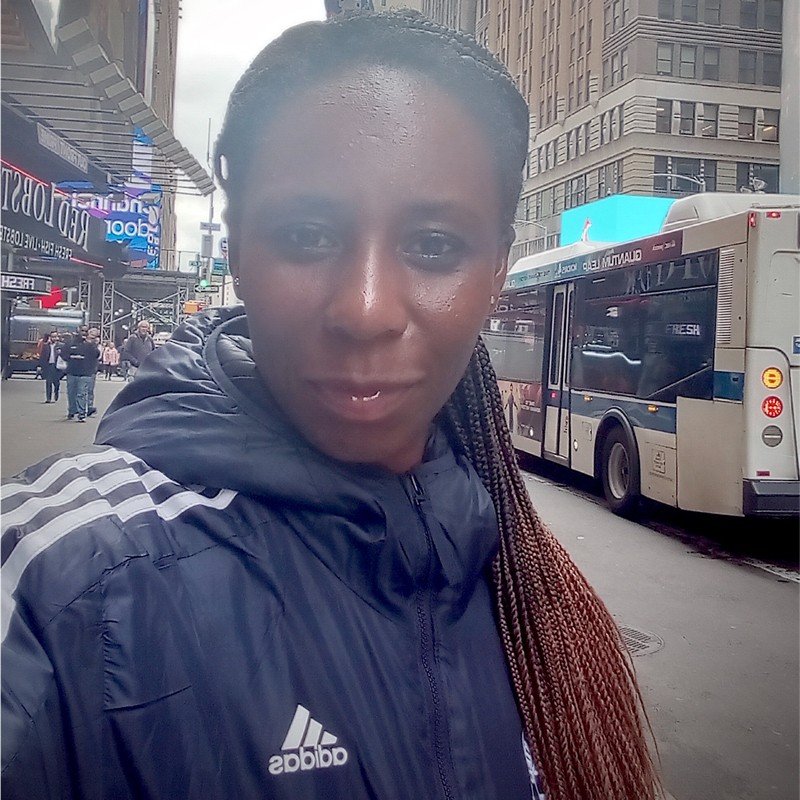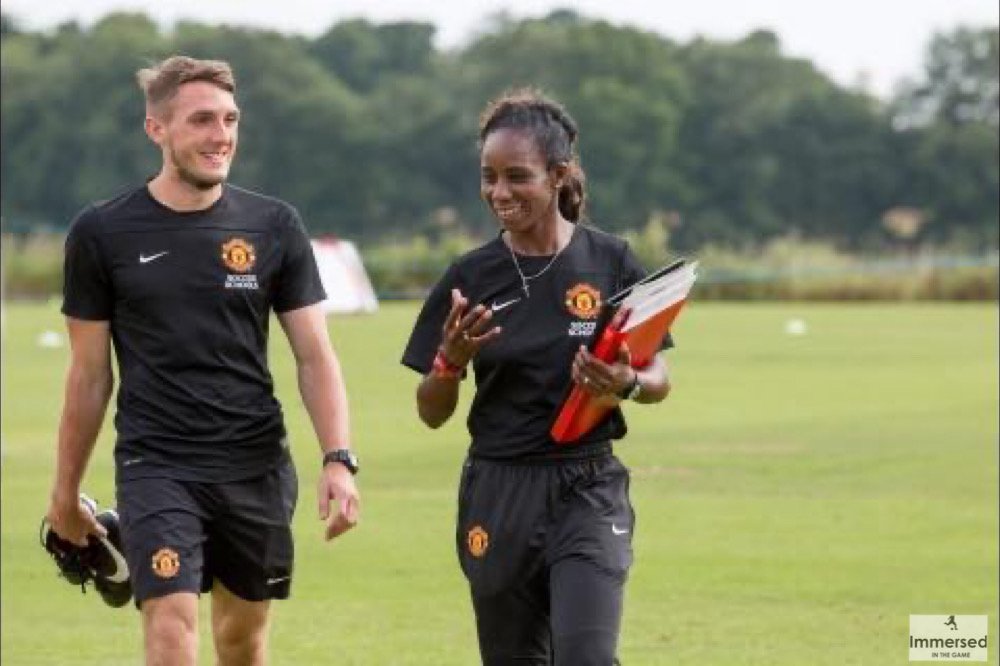
Helen Lorraine
Nkwocha
Director of Coaching at Rush Soccer, USA
A former Police Officer of 15 years in London. UEFA A Licensed Coach.'
“The first female coach of European top-flight men’s team’ - BBC Sport.
Experiences encompass coaching across diverse demographics, including male and female players ranging from youth to adult levels, within grassroots/community clubs and professional organizations worldwide. Notable engagements include Colorado United Soccer Club in the USA, Everton International Academy in the USA, Knattspyrnufélagið Þróttur in Iceland, Tvøroyrar Bóltfelag FC in the Faroe Islands, Shanghai Leader in China, and Manchester United Soccer School Club, among others.
Founder of Find a Coaching Job, DigSoccer and The International Coaches Group
How would you define a parent’s role within the youth sports environment?
The parent’s role depends on the age of the youth player. The younger the youth player, the more likely that the player should be encouraged to focus on enjoyment and participation. In my opinion, the parent should support the player in developing independence from them and a healthy relationship with themselves, their sport and their coach. To clarify, in my opinion, the parent should act as a ‘listening ear’, especially within the player’s home life, so that the player feels that they can speak with them if and when needed, and they should support a healthy lifestyle with food and sleep and emotional well-being. And, in developing independence, the parent should encourage the player to develop and maintain a working relationship with their coach and the rest of their sports environment.
What are the benefits of embracing parental involvement in youth sports?
In my opinion, the benefits relate to consistency. If it is important to the youth player that their sports participation is endorsed by their parents, then this involvement is of high value.
How have you as a coach/club attempted to increase parental involvement?
I have held one-to-one meetings with the player and parent with a view to involving the parent, in terms of their understanding of my coaching style and plans. This has included sitting with the parents and a tactics board, watching videos and asking the player to explain areas of our work to the parent.
What challenges have you faced in attempting to increase the level of parental involvement?
The main challenge has been that this is time-consuming, as I have been working with several teams at a time and in an effort to be seen as being fair, each player and parent received the same treatment. But, this caused a time constraint and influenced the quality of my work.
Have you seen any difference in players when parental involvement is embraced not neglected and/or ignored?
With one player, I had embraced parental involvement, being receptive to their enquiries and opinions. However, this, increased parental involvement resulted in the player not listening to medical advice given during rehabilitation. The parents argued that the player should be playing and participating in more game time, whilst the advice I was following was from the club physiotherapist. This resulted in the player developing a negative attitude towards the club and protocol.
What advice would you give coaches who are unsure and/or afraid about increasing parental involvement within youth sports?
I would advise them to ask the question, ‘why?’ So, why are they looking to increase parental involvement or why not? For example, if they are answering honestly, it shouldn’t be because they want to gain popularity with the player and the family.
For those parents unaware of their influential role within youth sports, what advice would you give them?
I would advise them to put themselves in the place of the player. If they can make efforts to understand what the player needs to feel valued and if they can influence this, then they should. However, the parent should consider what this influential role looks like. Too much influence probably contradicts the desired outcome.
Thank you to Helen for taking the time to complete the following interview questions.

















